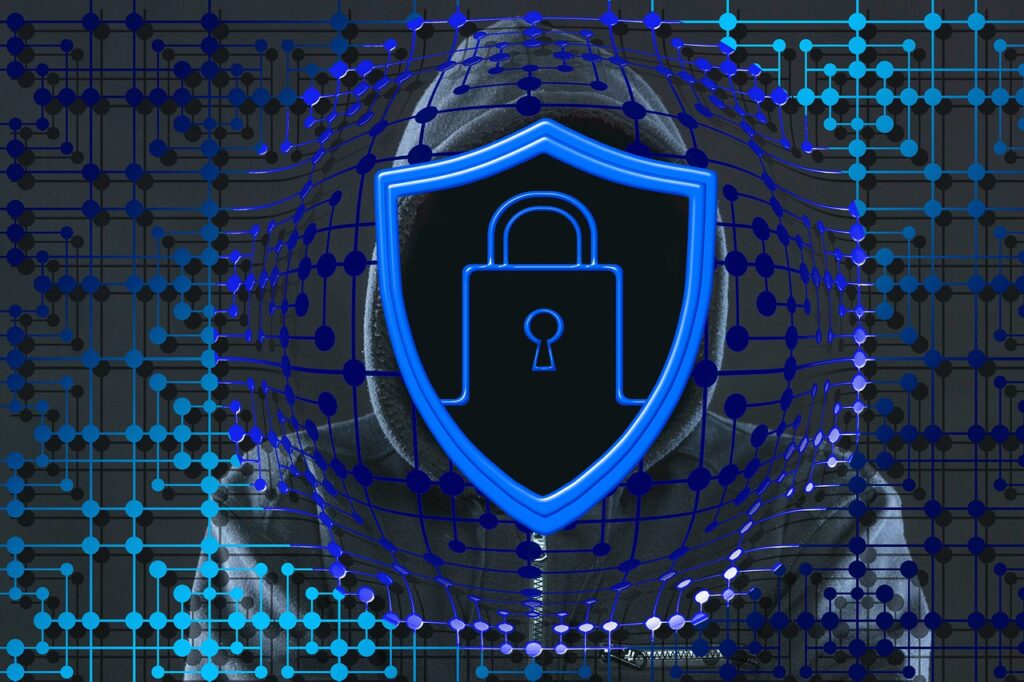In today’s digital landscape, where technology is the backbone of every business operation, the importance of robust cybersecurity measures cannot be overstated. San Francisco, a hub of innovation and technology, is home to a plethora of IT service companies that play a pivotal role in ensuring the security of their clients’ sensitive information. In this mini guide, we delve into the world of cybersecurity within the context of service companies. We’ll explore the strategies, practices, and expertise these companies employ to safeguard against ever-evolving cyber threats.

Understanding the Cybersecurity Landscape in San Francisco
San Francisco, often referred to as the heart of Silicon Valley, is a bustling ecosystem of startups, established tech giants, and innovative enterprises. This dynamic environment is characterized by rapid technological advancements, but it also attracts the attention of malicious actors seeking to exploit vulnerabilities. IT service companies recognize the unique challenges presented by this landscape and have honed their cybersecurity strategies accordingly.

The Role of San Francisco IT Service Companies in Cybersecurity
These IT service companies serve as guardians of their clients’ digital assets, entrusted with the responsibility of fortifying their systems against cyber threats. From small businesses to large corporations, the expertise of San Francisco IT management services companies is sought after to design, implement, and manage comprehensive cybersecurity measures.
Key Strategies Employed by San Francisco IT Service Companies
IT service companies employ a range of strategies to tackle cybersecurity challenges effectively, including potential threats from AI. Here are some key approaches they utilize:
- Network Security: San Francisco IT firms use firewalls, intrusion detection, and encryption for robust security.
- Security Audits: Continuous monitoring identifies vulnerabilities and allows proactive addressing of weaknesses.
- Employee Training: Comprehensive training educates employees on best practices and phishing awareness.
- Threat Detection: Advanced tools employing machine learning and AI identify potential breaches.
- Data Protection: Sensitive data is encrypted in transit and at rest to prevent unauthorized access.
- Incident Response: Thorough response plans mitigate damage and ensure swift recovery from breaches.
Best Practices for Cybersecurity Implementation
San Francisco IT service companies adhere to several best practices when it comes to cybersecurity implementation:
- Regularly update software and systems to patch known vulnerabilities.
- Implement multi-factor authentication to add an extra layer of security.
- Secure endpoints such as laptops and mobile devices to prevent unauthorized access.
- Establish a secure backup and recovery process to ensure data availability even after a breach.
- Collaborate with cybersecurity communities to stay updated on emerging threats and best practices, including AI.
San Francisco’s IT service companies protect businesses from cyber threats through expertise and proactive strategies. Ready to work with a dedicated IT partner? Call 911 PC Help at 415-800-1130 for a free consultation.

FAQs about How San Francisco IT Service Companies Handle Cybersecurity
. Do San Francisco IT service companies only work with large corporations?
No, these companies cater to businesses of all sizes, recognizing that cybersecurity is essential for organizations regardless of their scale.
2. How do IT service companies stay updated on the latest cyber threats?
San Francisco IT service companies actively participate in cybersecurity conferences, engage with online communities, and partner with cybersecurity solution providers to stay informed about the latest threats.
3. What should a company look for when hiring an IT service provider for cybersecurity?
Look for a provider with a proven track record, relevant certifications, a comprehensive understanding of your industry’s security requirements, and the ability to tailor solutions to your unique needs.
4. Can outsourcing cybersecurity services save costs?
Yes, outsourcing can be cost-effective as it eliminates the need to hire an in-house team while gaining access to a specialized skill set.
5. How can employees contribute to cybersecurity efforts?
Employees can contribute by adhering to cybersecurity policies, attending training sessions, reporting suspicious activities, and maintaining strong password practices.
6. Is cybersecurity a one-time effort or an ongoing process?
Cybersecurity is an ongoing effort that requires constant adaptation to new threats, technologies, and regulations

